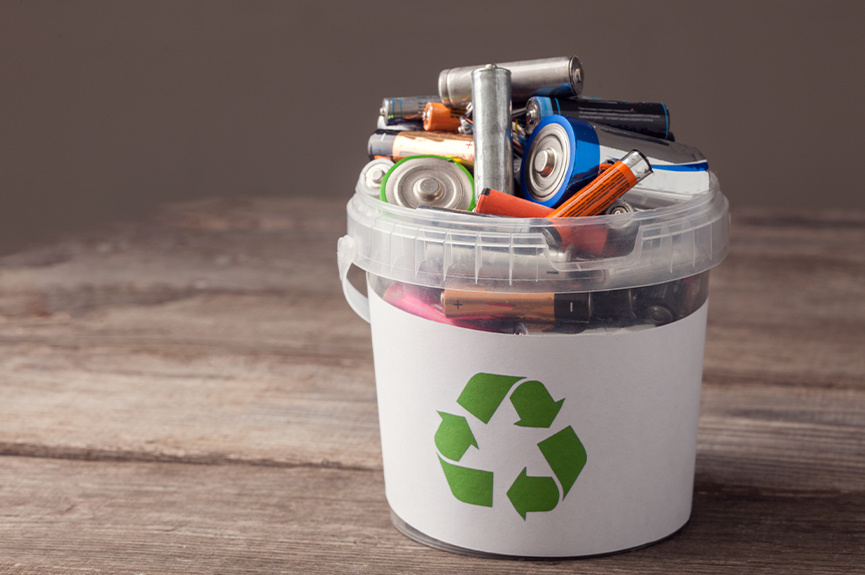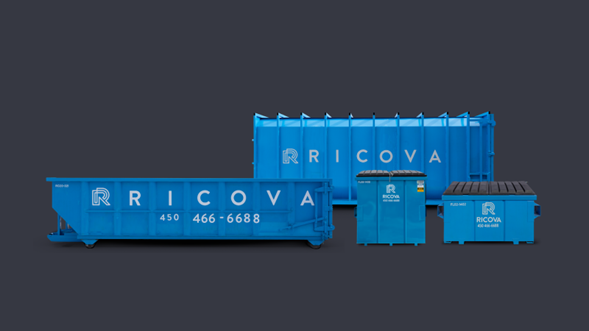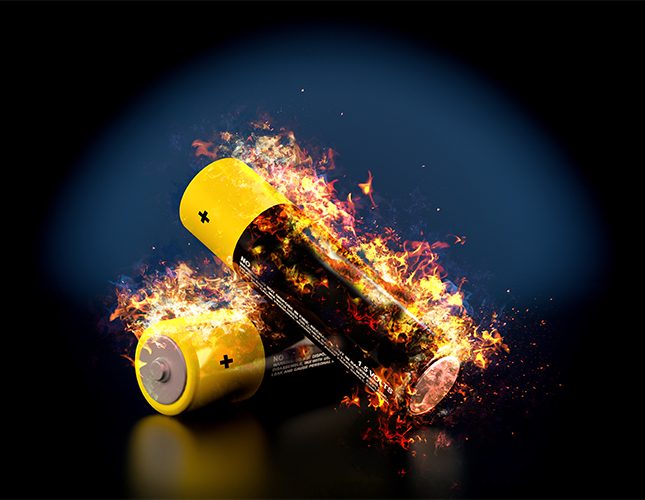Each year, four to eight fires occur in sorting centers, which puts the health and safety of workers and the integrity of buildings at risk, while undermining the sound management of residual materials in Quebec.
The main culprits are lithium batteries, commonly used as a power source for electronic tools and equipment. These undesirable materials are still often found in sorting centers, which are not adapted to receiving them. Together with gasoline canisters, propane cylinders and other hazardous materials of all kinds, batteries pose a high risk of fire when damaged and brought into contact with highly flammable materials, such as paper and cardboard.
In a report that we had commissioned, the number of fires caused by batteries, including lithium fires, has increased fourfold in recent years. Batteries alone account for more than 90% of the causes of fire. Ricova, recently, suffered two battery-caused fires on the same day at its Montreal facility.
What can you do, as a citizen, to avoid these situations and lessen the risk of injury to sorting center employees?
- First look for the Möbius symbol with a number,which can be found on all materials that can go into the recycling bin. This is the first clue that you can put this object in the blue bin.
- Then check with your municipality to find out if this material is being processed in your area.
- Check out the website Where is it going?, from Recyc-Québec, which informs you on the correct way to dispose of more than 800 consumer products.
- If the object you want to redirect away from a landfill cannot be disposed in a recycling bin, turn to specialized programs such as the “Serpuarians”.
Finally, the eco-center or waste disposal facility near you will probably be able to recover hazardous materials that cannot be recovered elsewhere. Find out more on the website of your municipality.

Although 4.1 million kilograms of used batteries were recycled in 2020, according to Call to Recycle Canada Inc., much work remains to be done in terms of recycling used batteries. They must not end up in sorting centres and landfills. Despite constantly updated training and preventive measures in our sorting centers, it must be said that the number of fires is still constantly increasing.








